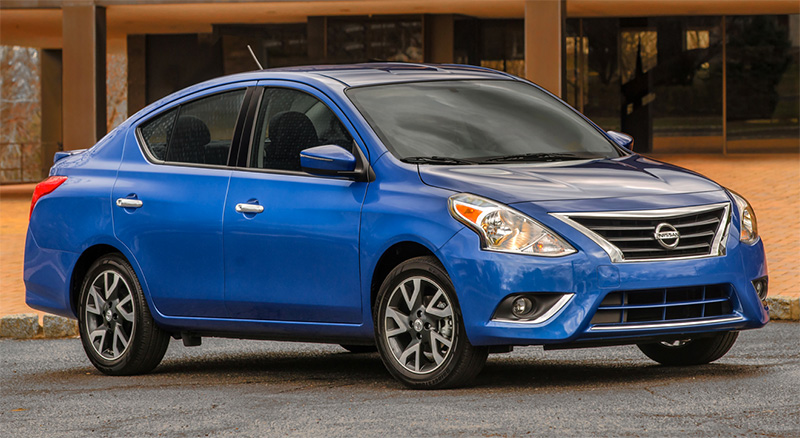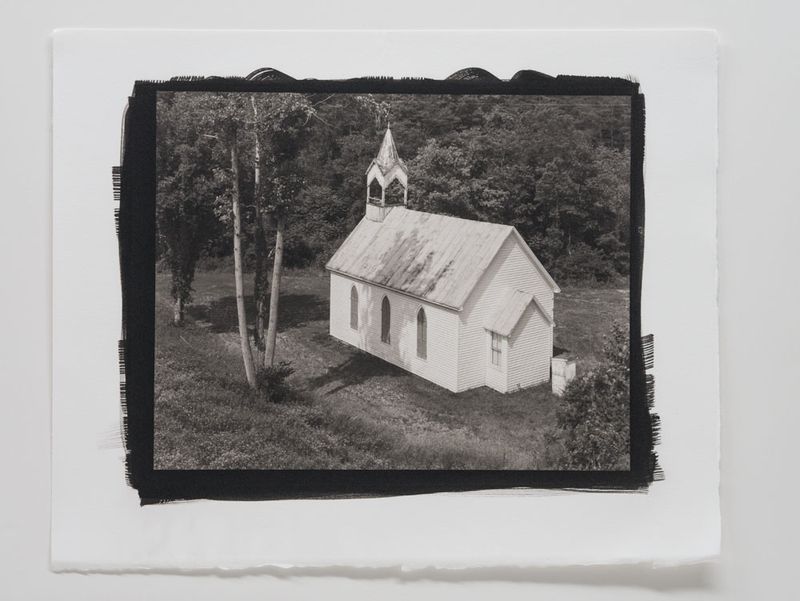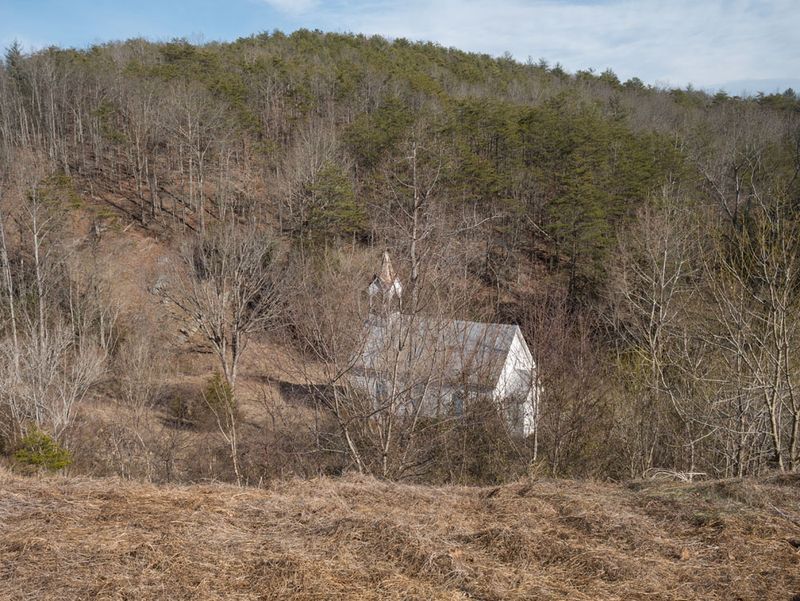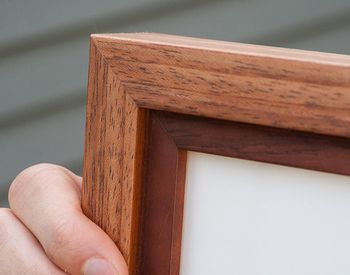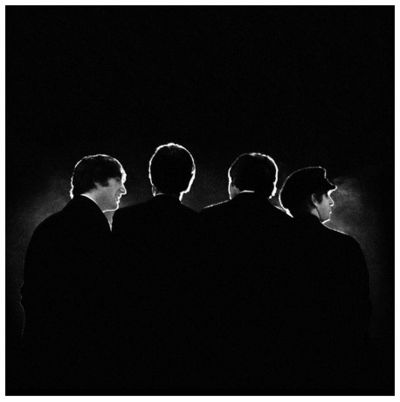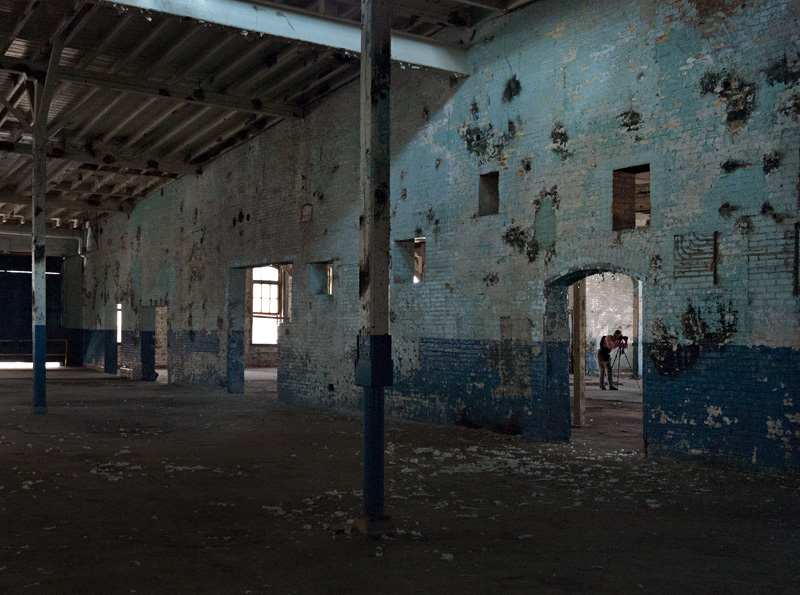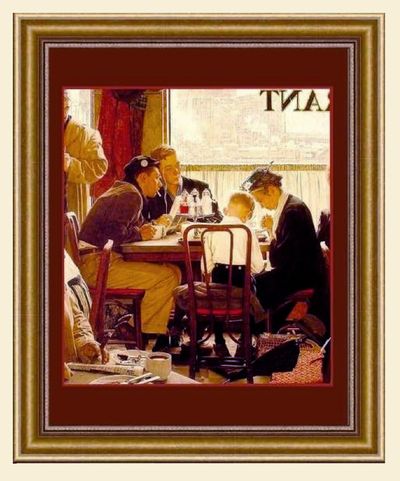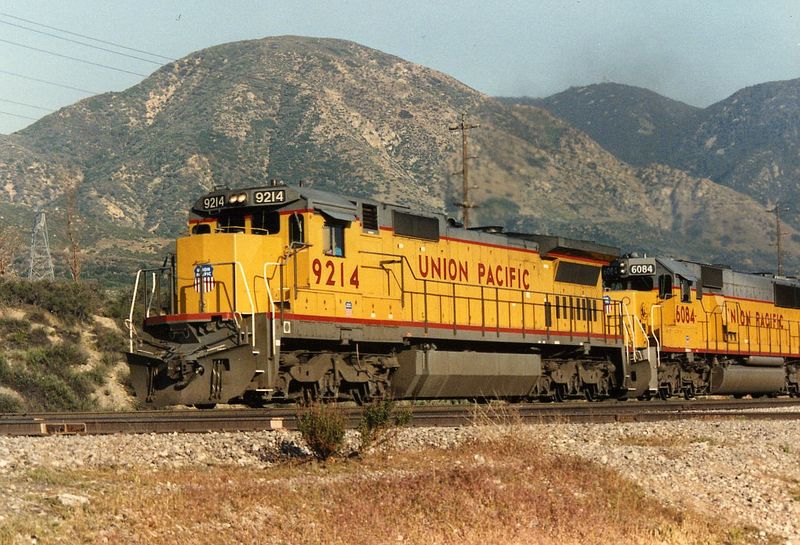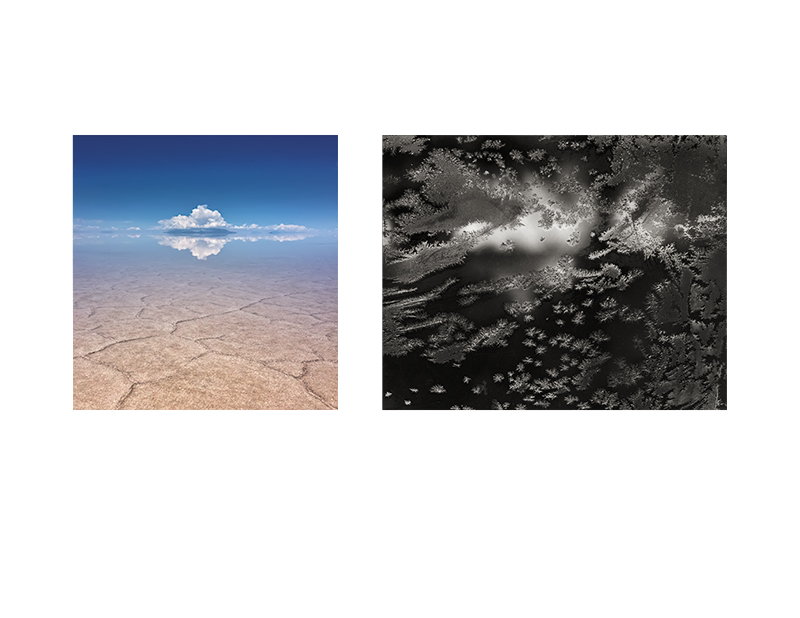I'm supposed to be packing and not writing. But just a not-so-brief followup on Sunday's Open Mike post, "It Costs More to Be Poor":
First point: Wrong question! Turns out, the insurance is going to be more expensive than any of the proposed car payments. The question should have been, how do you get decent insurance for a price that won't break the bank? My agency quoted her $2,600 a year, and said they had shopped rates for an hour. Her monthly insurance payment will be higher than her monthly car payment....
...Except she won't have a monthly car payment, because she's decided to buy a car outright for less than $5k.
I think that's a mistake. Granted, some people do this successfully, and I hope she does too, but in my view it's too risky for a young person without financial reserves who will own only one car and will have to rely on it. The risk is that she'll get a car that continually presents her with unexpected bills...which she won't have any money in the bank to pay. My girlfriend's son went this route, and he is continually borrowing from his parents to pay for car repairs. Just recently it was another $800 for new brakes. Buying a cheap car for cash is something that makes sense for adults with cash reserves who will not have to absolutely depend on the car in question for transportation to work...or who have mechanic friends to vet the purchase and bail them out of troubles.
One of her choices was a demo Nissan Versa with 1,000 miles on it and more than two years left on the factory warranty, for about $3k off list. In my opinion it would have made far better sense to put a down payment of $2k on that car, keep $3k as liquid cash reserves, and pay a small monthly payment. (She's not working yet, but she will be.)
It's not my decision, of course.
Second point: Big discovery of the car shopping safaris with both Lillian and Xander: the Nissan Versa (although neither 22-year-old will be buying one).
The base sedan is the cheapest car you can buy new in America.
Driving it reminded me a lot of a car from long ago: the BMW 2002.
You might scoff, because the status/prestige coefficients (call this "s/p") of the two are so radically different. Nissan's s/p has been drifting downwards for years and was never super high to begin with, and BMW's s/p rose to the stratosphere beginning with the 2002 and only in the last four or five years has started to fall again. Japan vs. Germany, hip vs. unhip, etc.
But they drive similarly. The biggest differences are that the 2002 was rear-wheel drive whereas the Versa is front wheel drive, and the interior of the Versa, while pleasant and well designed, has poor tactility on the bits you touch and doesn't have any coolness factor, whereas the interior of the 2002, though minimalist, was considerably slicker. Other than those two differences, the two cars are very similar, and have a similar feel.
The 2002 had a 2-liter inline 4 cylinder engine with a carburetor, making 98 horsepower and 106 pounds-feet of torque. The Versa has a 1.6-liter DOHC 16-valve inline 4 cylinder with fuel injection, making 109 horsepower and 107 pounds-feet of torque. Making up for this negligible difference is the slightly heavier curb weight of the Versa, 2,363 vs. 2,072 for the 2002. On both, you had to stir the gears, keep the little engine on a boil, and pay attention to your revs.
As far as the suspensions go, both cars are sprightly and light on their feet with good road feel and not a lot of grip. Betters wheels and tires wouldn't go amiss on the Versa, but don't make economic sense.
The BMW had a 4-speed floor-mounted stick shift. The base Versa has a 5-speed floor-mounted stick shift.
Both cars have manual crank-up windows, which was dead common in 1971, and considered exotic now; one dealer told me that some of his young customers have never encountered such a thing in any car before.
The Versa is larger all around but only significantly in trunk space: it's nine inches longer, four inches wider, and four inches taller, with four inches more wheelbase. The trunk is 14.9 cubic feet vs. the BMW's 9.5.
Both cars have a high driving position with a good greenhouse.
The Versa is actually a better car in an absolute sense—of course, having benefited from 44 years of advancements in automotive technology. It gets 30 combined MPG vs. 22 for the BMW, and has better safety features and crash resistance, and will certainly be more dependable and more durable, statistically.
But of course the meaning of the two cars could not be more different, and is inverted from the above: the BMW was a hot car in its day, caused a sensation in the automotive world, looked great, and made its maker's reputation in the United States; the Nissan looks frumpy, is its maker's loss-leading econobox, and gets decidedly lost amongst its competition.
It's just that I think they feel a lot alike, if experiential memory is anything to go by. I really wish I could drive these two cars against each other directly and do a true comparo. I bet it would be interesting. Ignoring s/p factors—which I'm better able than most to do—the base Versa is the closest thing I've driven in recent years to the non-tii 2002.
Mike
Original contents copyright 2015 by Michael C. Johnston and/or the bylined author. All Rights Reserved. Links in this post may be to our affiliates; sales through affiliate links may benefit this site.
(To see all the comments, click on the "Comments" link below.)
Featured Comments from:
susan: "I wish I still had my dad's '71 2002 (round tail lights), in which I learned to drive, No AC, Blaupunkt AM/FM radio (no tape player), crank windows and all. A real gem. the first of many BMWs for us, but the best-loved of 'em all."
Manuel (partial comment): "Fortunately we don't have the Versa in Europe. Good thing Mr. Ghosn decided to spare us the eyesore. The car is simply grotesque. Its design is flawed and incoherent, and the interiors are dull. It may be the less expensive new car in the USA, but so was the Yugo back in the day and price didn't make it an interesting proposition."
Roger: "The more things change the more they stay the same. Back when the 2002 was for sale the Datsun/Nissan 510 was considered the 2002 for the budget minded. I owned both and preferred the 510—much less finicky and more fun to drive."
A. Dias: "The Versa is not the 'new' 2002. Not even close. Far better entry levels compacts are the manual VW Golf or any Mazda model."
Rodger Kingston: "In 2011 I bought a year-old Nissan Versa four-door sedan with the help of a close friend who's an automotive pro. It had under 20,000 miles on it and cost me about $9,000. It's a comfortable, roomy, smooth running small car (and like the Tardis in Dr. Who, it's lots bigger on the inside). In the nearly four years we've had the car, we've driven all over New England and across Eastern Canada. The only repairs I've made have been to replace a ball joint and one set of tires. Also, I use synthetic oil and change it on time. I would buy another Versa in a second."
HBernstein: "BMW 2002: no power steering. It was a car that you really had to drive, and stiff to parallel park. It was a ton of fun, especially with the handcranked sunroof."
Mike replies: I forgot about that. The BMW's steering wheel is probably bigger, too, for leverage! It's been a long time since I've driven a car without power steering but I'll bet muscle memory would kick in and it would feel all too familiar if I ever experienced it again.
Mao: "My advice, which should not be taken, is to get a real 2002. In addition to being a blast to drive, when I lend it to friends who come to town and then come across it on the street unexpectedly, I get to see it and think—'whoah, cool 2002...wait, that's mine!' That never happens with newer cars. But she needs to get to work, right?"
